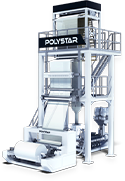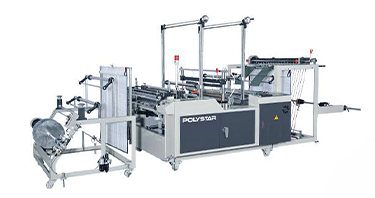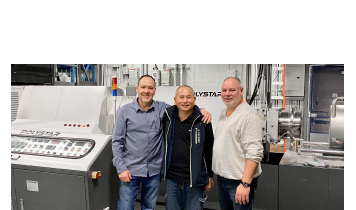We use cookies and other tracking technologies to improve your browsing experience on our website, By clicking "Accept All," you agree to allow cookies to be placed to enhance your browsing experience on this website to show you personalized content and targeted ads, to analyze our website traffic, and to understand where our visitors are coming from. You can manage your cookie settings below. Clicking "Confirm" indicates your agreement to adopt the current settings.
How can Plastic Producers Enhance their Stretch-Film Recycling?
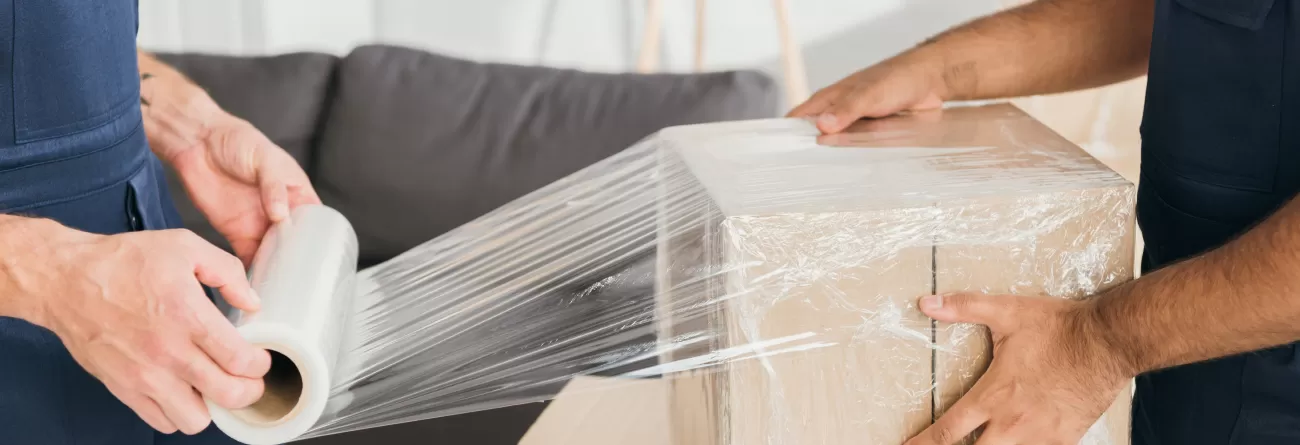
Several types of plastic films have gained popularity over the years thanks to their usefulness in the packaging industry, and stretch film is one of the most outstanding examples of it.
However, as its demand and production increase, its waste also increases. It is inevitable for stretch film producers to face this issue. And surely, there's a better solution than burying it alongside everything else in landfills.
Even though many consider the stretch film a troublesome plastic to recycle due to its strength and adhesive properties, some plastic producers have already begun recycling it to enhance sustainability at their factories!
Let's take a closer look at what stretch film is and how its recycling efficiency might benefit your factory!
What is Stretch Film?
Stretch film, or stretch wrap, is usually made from flexible materials, such as linear low-density polyethylene (LLDPE). This material is recyclable since it falls into the fourth category of the recycling codes as a variation of LDPE.
Its versatility and durability make it a safe choice for product packaging when stored or transported. Its ability to tightly secure items makes it an essential asset for some producers and retailers. Stretch film is easy to use, resistant, and fulfills its function until removed.
Stretch Film Recycling: A Cost-Effective Solution!
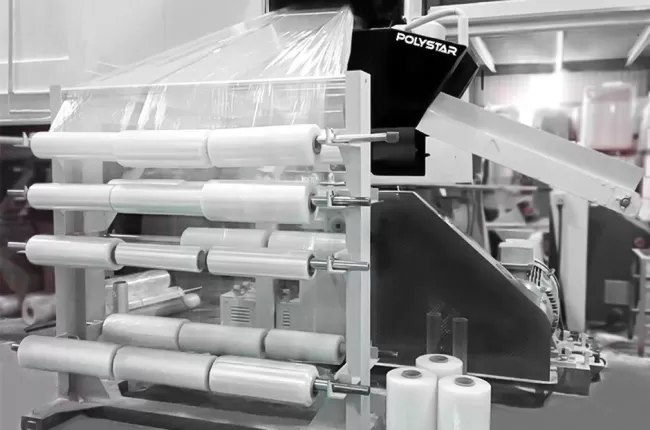
Recyclers can also make a profit by recycling stretch film plastic waste! Several plastic producers constantly look for recycled material to incorporate into their production lines. Therefore, some recycling companies have decided to collect waste from other factories, turn that waste into pellets, and sell it to plastic producers, resulting in a profitable business model.
Recycling stretch film isn't just about saving costs or earning a profit; it's a significant chance to do our part for the planet. By keeping plastic out of landfills, we are helping to create a healthier environment for everyone by reducing carbon footprints and using fewer raw materials.
How to Recycle Stretch Film?
Many producers consider stretch film difficult to recycle since it often includes adhesive additives for better results and performance. When winded, stretch film-on-rolls are too rigid for some recycling machines to process them directly. In certain situations, recyclers will avoid recycling it due to the lack of correct and efficient equipment for processing these materials.
Nonetheless, POLYSTAR has stepped up to the challenge by manufacturing two efficient recycling machines that can process stretch film, turning them into high-quality, uniform recycled pellets. These pellets' properties are similar to the ones seen on raw materials, keeping a consistent quality on the plastic production.
Cutter-Compactor Integrated Recycling Machine
Shredder-Integrated Recycling Machine
Conclusion
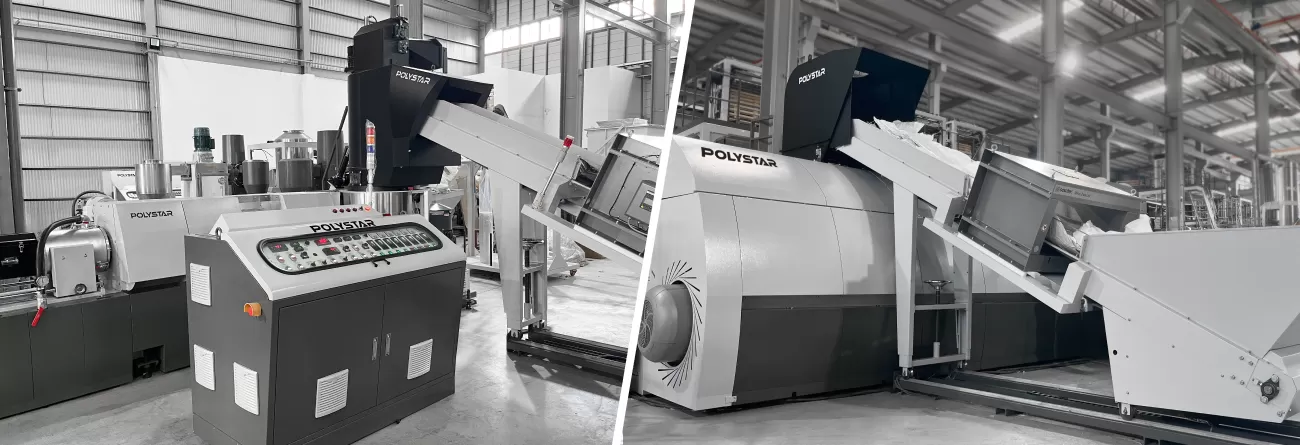
Stretch film is a packaging product that has brought several challenges to the plastic recycling industry due to its flexibility, adhesiveness, and rigidness (when winded into rolls).
Even though its processing might sound problematic, POLYSTAR offers two suitable and efficient solutions to recycle stretch film waste, depending on the producer's requirements! Repro-Flex and Repro-One are two separate recycling machines with integrated cutter-compactor and shredder systems, each for different purposes.
Still hesitant about which solution will work the best for your recycling project? POLYSTAR's experienced Sales Team will help you find the most optimal plastic recycling solutions for your requirements. Contact us for more information!
Read More
About the Author
Kevin Umanzor
International SalesKevin advises plastic producers to adopt a circular economy by implementing innovative POLYSTAR machinery. Driven by a commitment to providing the best possible solutions to his clients, Kevin is committed to broadening his learning process by interacting with diverse markets across the globe.





